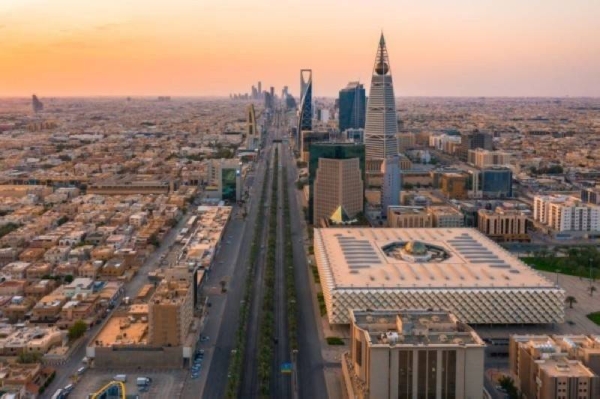The Ministry of Finance recently announced the budget for the second quarter of 2024, with significant increases in both non-oil and oil revenues. Non-oil revenues saw a 26.09% growth, reaching SR140.6 billion compared to SR111.51 billion in the first quarter. Meanwhile, oil revenues also increased by 17.08% to SR212.99 billion, surpassing the SR200 billion mark. Despite the growth in revenues, there was still a budget deficit of SR15.34 billion for the second quarter, bringing the total deficit for the first half of the year to SR27.73 billion. However, the deficit was financed through debt rather than tapping into government reserves.
Expenditures in the second quarter rose by 15% to SR368.93 billion, compared to SR320.09 billion in the first quarter. This included various expenses such as employee compensations, use of goods and services, non-financial assets, social benefits, other expenses, subsidies, and financing expenses. The Ministry of Finance continues to diversify non-oil revenues across different sectors, with taxes on goods and services amounting to SR70.13 billion, other classified revenues at SR27.66 billion, other taxes at SR24.51 billion, taxes on income, profits, and capital gains at SR12.85 billion, and taxes on trade and international transactions at SR5.46 billion.
The increase in revenues and expenditures for the second quarter of 2024 reflects ongoing efforts by the government to boost economic growth and manage the country’s finances effectively. With a focus on diversifying revenue sources and reducing dependence on oil, the Ministry of Finance aims to create a more sustainable financial ecosystem that can withstand fluctuations in the global oil market. By investing in sectors beyond oil and implementing strategic financial planning, the government is working towards a more stable and prosperous future for the Kingdom of Saudi Arabia.
The consistent growth in non-oil revenues and the efficient management of expenditures indicate a positive outlook for the Saudi economy. By reducing the budget deficit through debt financing, the government is able to maintain stability without compromising its financial security. The allocation of expenditures towards various sectors also reflects a commitment to supporting economic development, social welfare, and strategic investments that will drive growth in the long term. With prudent financial management and a focus on revenue diversification, Saudi Arabia is well-positioned to navigate economic challenges and seize opportunities for sustainable growth.
The Ministry of Finance’s announcement of the second quarter budget for 2024 underscores the government’s commitment to fiscal responsibility and economic sustainability. By increasing revenues and managing expenditures effectively, Saudi Arabia is able to strengthen its financial position and support key areas of development. The emphasis on diversifying revenue sources and reducing reliance on oil demonstrates a forward-thinking approach to financial management that will benefit the economy in the long run. With prudent financial planning and strategic investments, the Kingdom is poised for continued growth and stability in the years ahead.
In conclusion, the budget for the second quarter of 2024 reflects a balanced approach to economic management and financial sustainability. With increases in both non-oil and oil revenues, as well as strategic investments in various sectors, Saudi Arabia is positioning itself for long-term growth and stability. By diversifying revenue sources, managing expenditures efficiently, and reducing the budget deficit through debt financing, the government is taking proactive steps to ensure the country’s economic resilience. With a focus on fiscal responsibility and strategic planning, the Ministry of Finance is laying the foundation for a prosperous future for the Kingdom of Saudi Arabia.











